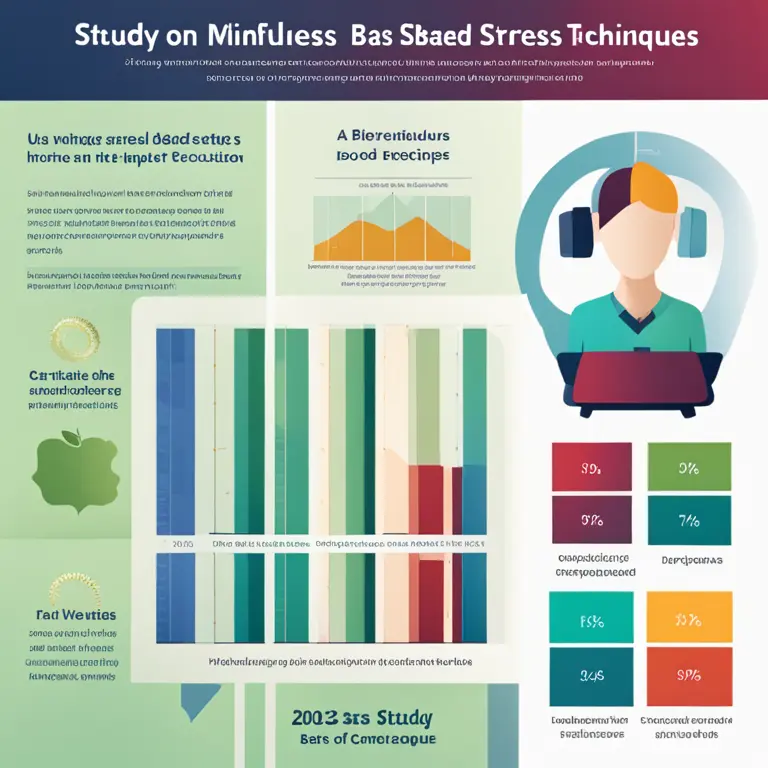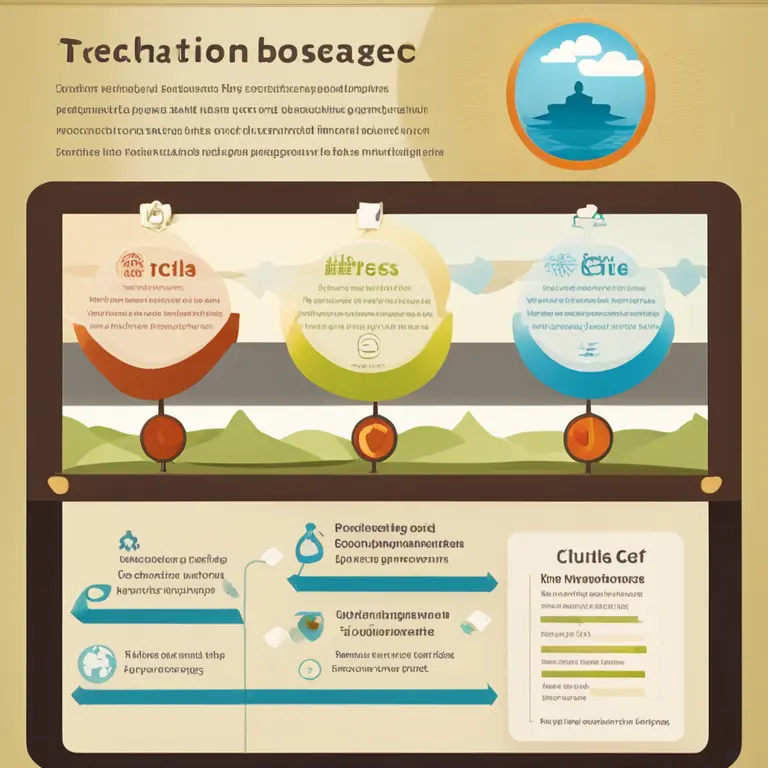
The Calming Effect: Does Meditation Aid Blood Pressure Control?
Discover how meditation may contribute to blood pressure regulation and the potential health benefits of this ancient practice.
article by Hina Kurosawa
Introduction to Meditation
Meditation has been practiced for centuries, but only in the past few decades has it become a topic of interest in the scientific community, especially concerning its effects on health. As stress is a known contributor to high blood pressure, meditation's ability to induce relaxation is believed to play a role in managing hypertension. This article delves into the correlation between meditation and blood pressure regulation, highlighting recent research findings and considering how incorporating meditation into daily life might affect your cardiovascular health.

Meditation and Stress Reduction
Research indicates that one of the primary benefits of meditation is its capacity to lower stress levels. Chronic stress triggers the release of hormones such as cortisol and adrenaline, which can increase heart rate and constrict blood vessels, leading to elevated blood pressure. Through practices like mindfulness and focused breathing, meditation can decrease the body's stress response, promoting a state of relaxation that counteracts the adverse effects of stress on blood pressure.

Clinical Studies on Meditation and Hypertension
Several clinical studies have explored meditation's impact on hypertension. For instance, a 2023 study found that participants who engaged in daily mindfulness-based stress reduction techniques saw a significant decrease in systolic and diastolic blood pressure over several weeks. Furthermore, meta-analyses of such research reveal a consistent trend: patients who practice meditation regularly often experience a reduction in blood pressure, albeit varying in degree from person to person.

Meditation Techniques to Consider
Various meditation techniques may be effective for lowering blood pressure. These include Transcendental Meditation, where individuals silently recite a mantra, and Mindfulness-Based Stress Reduction (MBSR), which focuses on moment-to-moment awareness. Each technique has its specific approach but generally encourages relaxation and stress management, both crucial for blood pressure control.

Integrating Meditation into Your Routine
To harness the potential blood pressure-lowering effects of meditation, it's recommended to practice it regularly. Starting with as little as 10 minutes a day can be beneficial, with the possibility of extending sessions as one becomes more adept at the practice. Consistency is key, and with time, meditation can become a valuable part of a holistic approach to maintaining cardiovascular health.
Considerations for Your Health Journey
While meditation shows promise as a non-pharmacological method to help manage blood pressure, it's essential to view it as a complementary approach rather than a solo treatment. It should be part of a broader lifestyle strategy that includes a balanced diet, regular physical activity, and ongoing medical supervision, especially for individuals already diagnosed with hypertension.
Looking Ahead
As meditation continues to gain traction in the realm of integrative health, it's expected that further research will refine our understanding of its role in blood pressure regulation. In the meantime, adopting meditation can be a safe and effective way to contribute to overall health and wellness while potentially helping to keep blood pressure in check.
Published: 1/14/2024
Modified: 1/15/2024
More predictions
Come back here soon to learn more about yourself and your future


Easing Loneliness with Mindfulness Meditation
Explore how mindfulness meditation can provide solace and connection to alleviate the feelings of loneliness.


Discovering Life with Meditation Mantras
Delve into the transformative power of meditation mantras to harmonize your mind, body, and spirit for a tranquil existence.


Mindfulness Meditation Basics for First Graders
Introducing foundational mindfulness meditation practices to instill calm and focus in first-grade students.